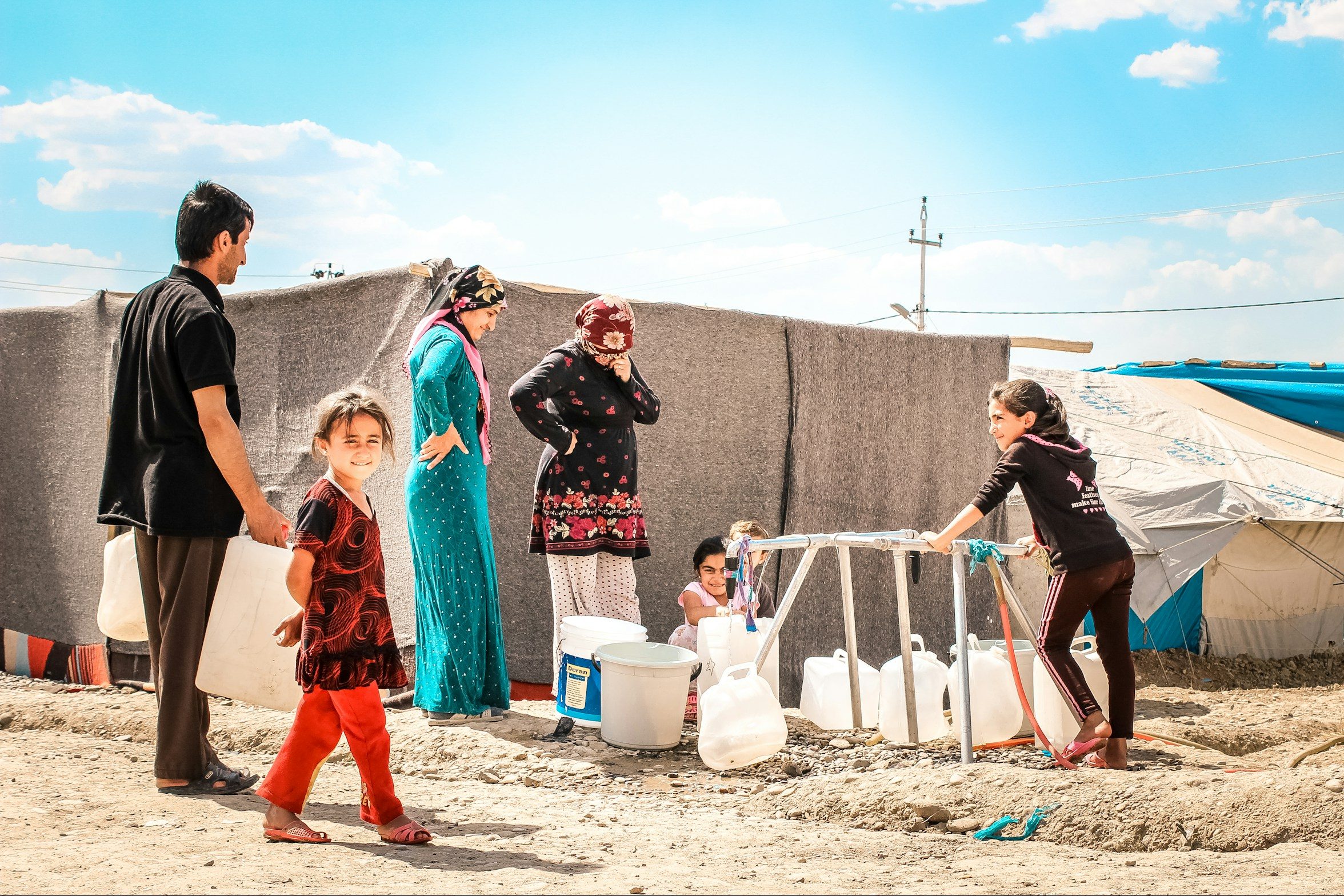Ph. Jonathan Ramalho
The increasing number of gender-related crimes committed against vulnerable categories of people particularly women, men, boys and girls, during armed conflicts and other humanitarian crises including conflict related sexual violence, underlines the need for a deeper dissemination, understanding and adherence to the existing International Humanitarian Law (IHL) and International Human Rights Law (IHRL) provisions which regulate such scenarios.
The documented violations are not limited to activities conducted by members of non-state armed groups or similar actors. The rise in reports of gender-related crimes attributed to both national and international members of regular armed forces and peace operators against civilian populations has indeed brought to light a significant and widespread issue. Consequently, several organisations have stepped up their efforts to address and investigate these cases within their military and civilian personnel, and to prevent them within their peacebuilding and peacekeeping efforts.
To provide victims with an adequate level of protection, both in terms of prevention of gender-based violence (GBV) and accountability/prosecution of the perpetrators, it is therefore key to raise awareness on the relevant international rules among all practitioners and stakeholders.
Overall objectives
The main objective of the course is to provide participants with the legal knowledge and key analytical tools necessary to comply with and apply the existing international rules governing international operations and other complex scenarios. The course also aims at promoting the use of the “Sanremo Handbook on Gender” as a reference manual for military, civilian and humanitarian practitioners deployed in the field.
Specific learning objectives
- Increase overall awareness of the relevance of integrating gender perspectives into the daily work of humanitarian practitioners and military personnel.
- Improve knowledge of the different bodies of law governing gender-related issues at different levels (international, regional, national) and in different frameworks. This includes gender-based violent acts and other violations in various crisis contexts, comprising armed conflict, disaster and displacement.
- Develop a better understanding of the relevant prevention, monitoring and reporting procedures, instruments and practices – improving rule compliance, assessment of gender-related risks and relative policy development.
- Provide real life examples and analytical skills on the gender dimension of specific national and/or transnational phenomena, such as armed conflict (international and non-international), terrorism and counterterrorism, post-conflict and peacebuilding processes, internal displacement and migrations, natural and man-made disasters.
- Foster cooperation and exchange of experiences among the staff of institutions operating at different institutional levels, in different sectors (e.g. public and private, national and international) and countries.
Structure of the course
The Special Projects Department of the Institute organises this course in collaboration with the OSCE Gender Issues Programme, in the office of the OSCE Secretary-General.
The course is designed to address the most topical issues currently affecting humanitarian crises worldwide through the specific lens of gender, investigating areas such as Gender Mainstreaming, Sexual Exploitation and Abuse, Conflict-related Sexual Violence, Trafficking in Human Beings, Terrorism, Detention and Women’s Engagement in Peace Processes.
Methodology
The programme will integrate both live and self-paced sessions.
Attendees will have the opportunity to deepen their knowledge of the subject through self-paced sub-curricula and live interactions with the high-level teaching staff, accurately selected by the organisers. The delivery of assignments will be required to successfully complete the course (see the concept note of the course for more detailed information).
Exercises and case studies will be mainly focused on the real-life application of the international legal standards illustrated by the facilitators, also offering an opportunity to study the best practices implemented on the ground by the most relevant international organisations, NGOs and other actors.
Considering the specialised nature of this training programme, participants are invited to download and review the Handbook on integrating gender perspectives into international operations before the beginning of the course, by visiting the “Publications” section on the IIHL website.
Target Audience
The course is primarily addressed to armed forces personnel and legal advisors from Ministries of Defence in OSCE participating states.
A limited number of professionals from other international and non-international organisations, public institutions NGOs and academic entities active in the security field and within international operations will be selected to attend.
In light of the above, we warmly invite all those interested to apply to do so as soon as possible.

